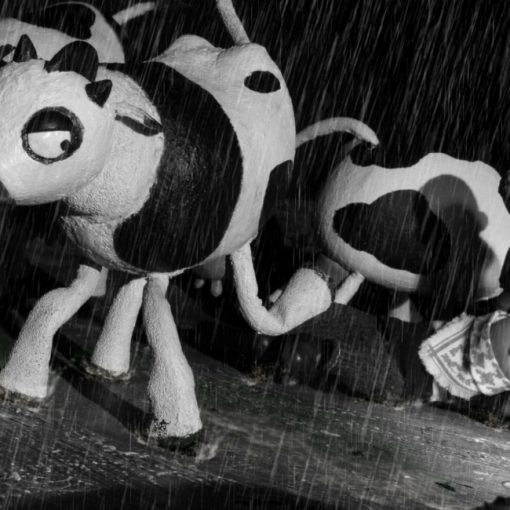The Dream Life of Sukhanov
As Russia uneasily comes to terms with the end of the cold war, Olga Grushin’s first novel deals with the lives of those affected by Gorbachev’s perestroika. The daughter of a Russian dissident sociologist, Grushin came of age in the late 1980s. After acting as an interpreter for a group of American academics visiting Moscow, she was invited to study at Emory College in Atlanta, and eventually became the first Soviet citizen to graduate from a university in the United States. The head-girl aura has clung to her, and this accomplished novel has met with high praise in her adopted country.
The Dream Life of Sukhanov articulates the moral and aesthetic dilemmas faced by Russian artists who had to choose between nurturing their talents at great personal risk or submitting to a repressive regime. It opens as the eponymous hero starts to suffer a profound mid-life crisis. The self-satisfied editor of Art of the World, a socialist realism magazine, Sukhanov is an apparatchik who, 30 years earlier, chose to suppress his artistic talents in order to offer his beloved wife a safe and comfortable life. A series of encounters and events gradually opens his eyes to the possibility that he made the wrong choice. Told with irony and sympathy, his story unfolds through the vivid memories and dreams that begin to assail him.
Some reviewers have compared Grushin with Nabokov (another Russian who wrote in English) and Bulgakov. Certainly, her surreal journeys into Sukhanov’s mind are occasionally reminiscent of Bulgakov’s masterly use of fantasy in the face of artistic censorship. Her real achievement, however, lies in the power of her descriptions, both of Moscow and of the flights of fancy that unleash Sukhanov’s repressed imagination – the “rainbow-coloured world and . . . secret, fleeting, iridescent dreams of birds and flowers and stars and angels”. Her language is marked by the metaphor-loving prolix-ity of someone writing in a mastered second language. At times she strains too hard, as in this description of Sukhanov’s block of flats: “The stairwell split the grey monstrosity of the building in half, laying it open like an enormous, over- ripe fruit, with the imposing leather-padded, nail-studded doors, two on each floor, embedded in its yawning pulp like dark seeds, every one of them containing its own luxurious blossom of success.”
The novel’s treatment of some of its minor charac- ters is simplistic: Sukhanov’s feisty daughter, for exam- ple, transparently echoes the author’s own youthful idealism, while his wife is an idealised figure who never develops much of an identity. And Grushin inclines towards a Romanticised, sub-Gombrich view of the artist as mad genius; this contributes few new insights, though it provides an uplifting read if you go with the flow.
At times grandiose and overambitious, The Dream Life of Sukhanov none the less deserves the recognition it has enjoyed. Grushin’s Russian willingness to take on epic and abstract questions and show zealous faith in the transformative power of art offers a refreshing contrast to the smaller, more intimate themes of much contemporary British fiction.
Read in the New Statesman here



